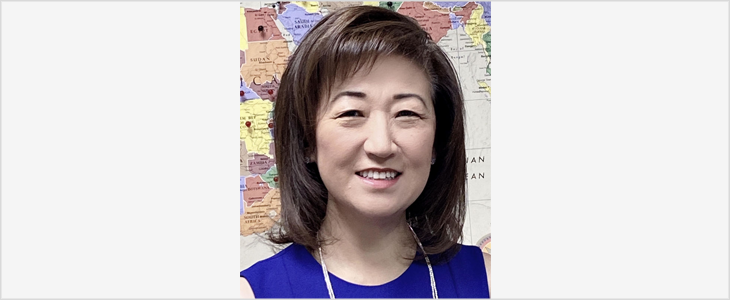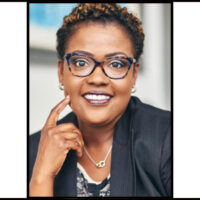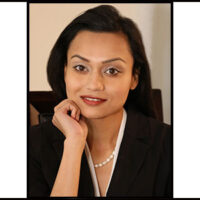
In honor of Women’s History Month, ACAMS Today’s Community Banking Corner column is profiling women in the world of community banking.
Mia Lee has worked in the banking and financial services industry since 1989, focusing on Bank Secrecy Act/anti-money laundering (BSA/AML) practices since 2002. She is currently the compliance and Bank Secrecy Act (BSA) officer for the Los Angeles branch of Woori Bank, South Korea’s largest bank. She gained her knowledge and experience during her tenures as the BSA/AML officer at various banks in the Los Angeles area, as well as consulting for various financial institutions (FIs), including banks, money services businesses and casinos, as they worked to strengthen their BSA/AML programs. She has been a member of the Association of Certified Anti-Money Laundering Specialists (ACAMS) since 2005 and part of the ACAMS Southern California Chapter since 2010, serving on the chapter board since 2011.
ACAMS Today: What did you want to be when you were growing up?
Mia Lee: I initially wanted to be a fighter pilot, but quickly learned the need for uncorrected 20/20 vision was going to disrupt that dream. Then I discovered architecture as I was attracted to building and designing things. In fact, I still create designs for myself and friends. I explored different career options, but found accounting a bit too conservative for my taste. Eventually, my interest in red flags associated with bad asset management deals helped point me toward my career in the world of BSA.
AT: Could you expand on how your career in BSA began?
ML: I was in the right place at the right time. I was working for a large mortgage company that decided to move its BSA function from the retail division to corporate not too long before the events of September 11, 2001. We utilized the mortgage quality control function to identify suspicious activities and automate the reporting process. For the first year, we provided the majority of the mortgage fraud figures for the Financial Crimes Enforcement Network “SAR Activity Review—By the Numbers” report, but the total increased with every report as the concept caught on. Thankfully mortgage fraud is now something most BSA programs detect and report. This success, along with the implementation of the USA PATRIOT Act, launched me into BSA.
AT: What inspires you about community banking?
ML: I love the true customer service that occurs in community banking. I once had the unfortunate experience of being with a bank that ultimately failed. Prior to the failure, they installed bank officers at every branch to help explain what was happening and how customers would be impacted. That dedication to the customer is what makes community banking really special. That experience also helped me truly appreciate the branch employees and their abilities.
AT: What kind of opportunities do community banks provide women versus other types of FIs?
ML: Community banks are really the creation of the communities they represent. As a result of that interconnected nature, community banks understand the needs of the community and are in a better position to respond to those needs. This provides opportunities for women not just within the community bank but also within the community itself. Community banks commonly provide a more “intimate” environment that naturally allows for more exposure to multiple aspects of banking without silos, or at least with less rigid walls. In addition, since community banks generally identify more with the communities they serve, the opportunities to work with community leaders, businesses and residents are more visible at community banks than at other types of banks.
AT: What do you think the future holds for women in community banks and for community banks in general?
ML: Although BSA was a male-dominated industry in its early days, women are adept at finding those niches within banking and the gender makeup has changed. Also, BSA is now a career path. It used to be BSA was something that one happened upon in their career. I think this is going to create more opportunities, as well as create more competition, for both community banks and women. But I think women are up to the challenge.
AT: What can the anti-financial crime industry do to provide equal opportunities for women?
ML: Mentoring! I have always been a proponent of mentoring and have tried to provide guidance to my staff whenever possible. As our industry continues to grow, along with its competitiveness, mentoring will be very important in developing women and ensuring our story continues to the next generation.










